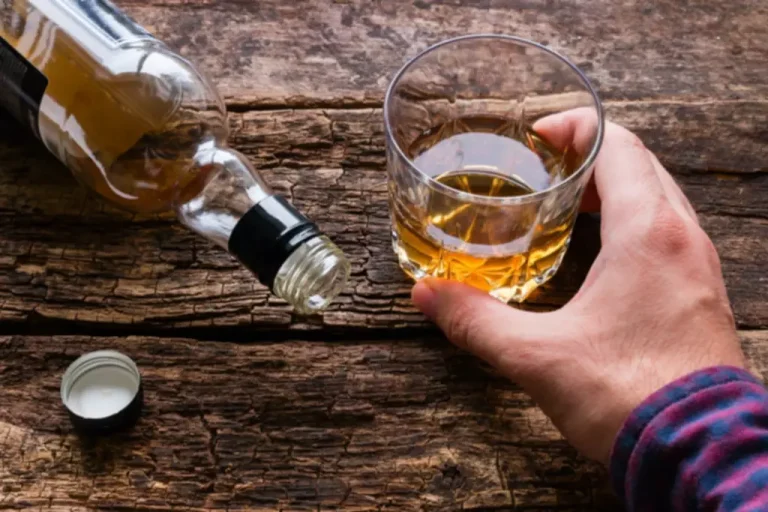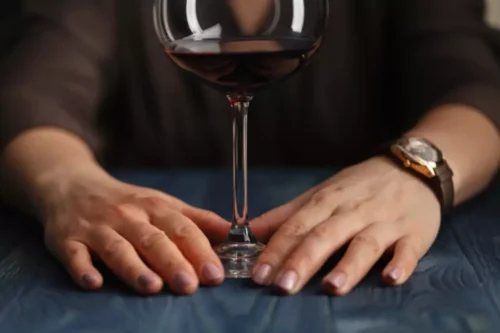Mistakes can and do happen – sobriety slips, resolutions are broken. Addiction can rule a person’s life, as getting and using the drug or drink of choice can dictates actions large and small. Many addicts experience loss of time, as they are not as present when they are using. In recovery, you can be grateful for the opportunity to have the freedom to pursue new hobbies, activities and goals with your newfound time. Drugs and alcohol can take a severe toll on the body and brain, and an overdose can leave a user permanently disabled, or dead. Addiction also puts people at risk for violence and criminal activity.
Gratitude Helps You Focus on What Really Matters
- These practices include journaling, the healing power of gratitude letters, and expressing gratitude to friends, family, and support systems.
- As someone who has personally experienced addiction recovery, I can attest to the transformative power that gratitude can have on the journey towards sobriety.
- Gratitude offers both mental and physical health benefits, which can contribute to mental stability and happiness.
- For example, putting a picture of your dog or children on the board will remind you each day that they are both things in life to be grateful for on a daily basis.
- One of the main obstacles to a successful recovery is avoiding triggers and cravings that can lead to relapse.
- “Practice gratitude” is one of those platitudes that seems like it belongs in script on a wall next to Live, Laugh, Love.
But learning to pay attention to the good things that surround you every day can be one of the most valuable tools for your recovery from addiction. Whether you keep a journal, make a list, or choose some other way to track the positives in your life, a gratitude practice can be a constant, comforting companion on the road to recovery. Recovery can give people with addictions the opportunity to repair relationships broken by substance abuse, and to move forward in healthier ways. Whether it’s with loved ones, family members, friends, or even co-workers, recovery can give you the option to rebuild, and strength your relationships in life. If you’re already using a journal to support your recovery, you can add a gratitude section or allot part of every entry to record things that you’re grateful for that day. You may also want to create a dedicated gratitude journal to keep you focused.
Surround yourself with positive people
Here are three effective ways to practice gratitude on a daily basis. The benefits are for everyone, but for individuals in recovery, they are especially powerful. Alongside these practices, engaging in hobbies like sports betting can be an exciting way to stay engaged. However, it’s crucial to manage your finances responsibly. If you find yourself in a financial bind due to a timeshare, consider consulting a lawyer cancel timeshare check it out. This can relieve stress and improve your overall well-being, allowing you to focus on more enjoyable activities.

Graduate School of Addiction Studies
Many people think that gratitude is naive or unrealistic, especially in the face of difficulties or hardships. They may believe that gratitude is ignoring or denying the negative aspects of life or being overly optimistic. Many people who struggle with addiction also suffer from co-occurring mental health issues, such as depression, anxiety, PTSD, or bipolar disorder. You may still struggle with some of these challenges and emotions in early recovery. You may also have to deal with the consequences of your addiction, such as health problems, legal issues, or damaged relationships. Active addiction can create a lot of negative emotions, such as shame, guilt, or regret, that can linger even after you stop using drugs or alcohol.
Expressing gratitude towards others, whether it be friends, family, or members of a support network, can foster a sense of connection and deepen existing bonds. Gratitude acts as a powerful tool for expressing appreciation and acknowledging the support and encouragement received from others. This can help cultivate a supportive and nurturing environment, which is vital for continued growth and recovery. Discover the transformative power of gratitude in the recovery journey. When you first start practicing gratitude, it’ll take some time to make it a regular habit.
Available 24 hours,7 days a week
You’ll hear people say, “I shouldn’t have gotten out of bed this morning.” This reflects the negative thinking that just draws more and more to it. If you’re having difficulty staying clean or battling cravings, it might be best to seek help at a reputable drug rehab center. Recovery Centers of America has drug rehab locations across the country that offer various evidence-based treatment options, including detox, individual and group therapy, and more. Gratitude is a muscle that develops with training and practice, and when we make a habit of appreciating the better qualities in life, we strengthen that muscle in our mind. When that muscle grows strong enough, we will reflexively notice the good, and we will see something’s benefits before its real or imaginary drawbacks and limitations. It’s an attitude of appreciation where we internally acknowledge the blessings that our life already contains, and we shift our focus away from what we lack.

By focusing on the good things, you can develop a more positive outlook and increase the likelihood of a successful recovery. Having gratitude can also help you appreciate those who support you, strengthening your relationship with them. Addiction changes gratitude in recovery the brain in a way that limits your ability to feel happy. In time, and with sobriety, the brain heals and learns to send the right cues again. While in the throes of active addiction, the ability to experience gratitude may be diminished.
Support for Me and My Family

